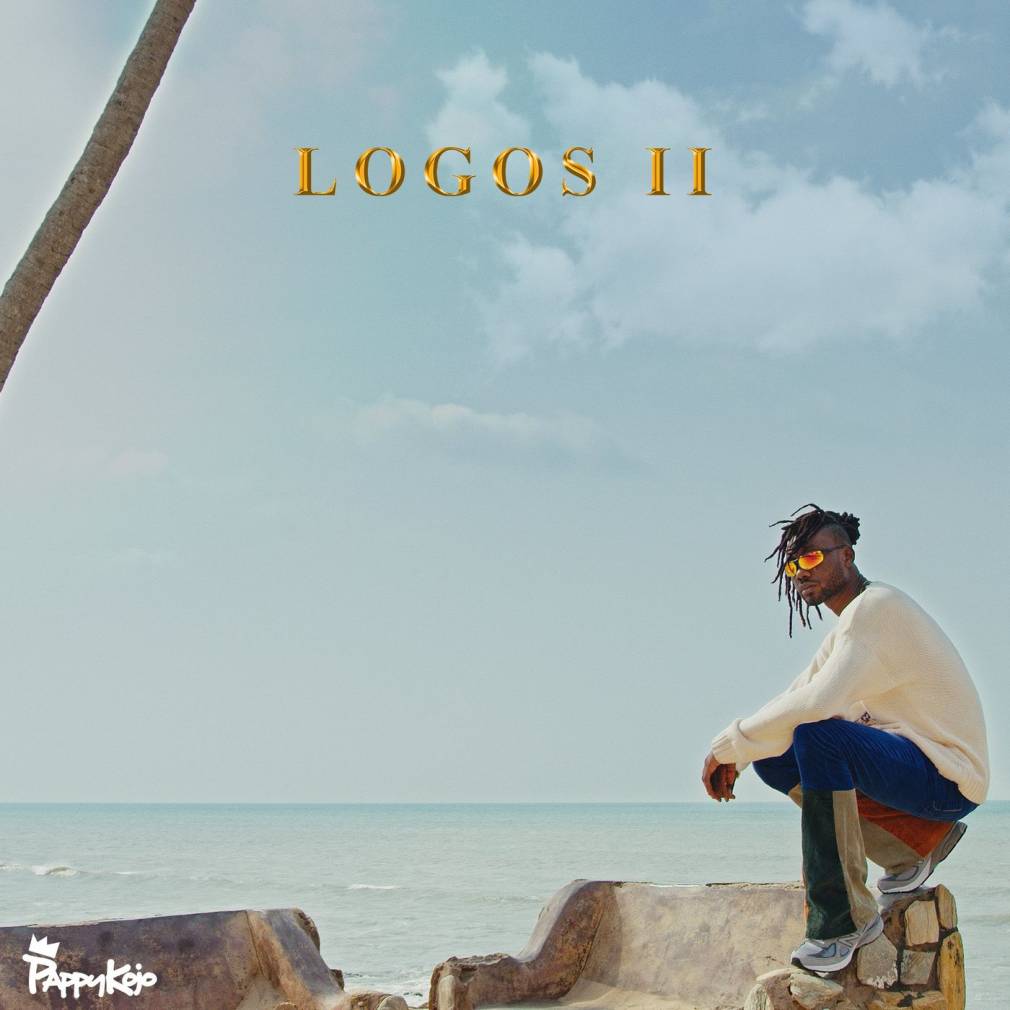
Logos II
Pappy Kojo
The Ghanaian artist rejuvenates the local hip-hop scene with his new album Logos II. Rapping from a young age, he left his native country for Italy in 2004 and began covering and posting popular tracks on his YouTube channel. He eventually recorded his own songs accompanied by Italian and Ghanaian music producers. Success came in late 2014 after his collaboration with Ghanaian celebrity Joey B on the official single “Realer No.” He also performed in South Africa at the Big Brother finals. He was then nominated three times at the Ghana Music Awards in 2015, earning him an award for Hip Hop Song of the Year. His album offers thrill and serenity, as perfectly illustrated by the soothing sounds of the intro on “Uomo,” beforethe frantic beats of “Uomo”.
Listen here

Vamparina
Biga Yut
The Ugandan artist graces the Nyege Nyege sub-label with a new project built on surprising rhythms. Having grown up in the ghettos of Gaba, he is best known for accompanying Ecko Bazz on the single “Tuli Banyo,” a track reminiscent of the golden age of British grime. Biga Yut released his first EP, entitled “Walah,” in 2020, a perfect symbiosis between sounds present in nature and electronic melodies through which the young artist reflects on his musical whirlwind of a trajectory, from the ghetto to the studio. Biga Yut’s undeniably futuristic new track, “Cash Boss,” is the product of a collaboration with the Portuguese artist Jonathan Uliel Saldanha, who formed HHY & The Kampala Unit in Uganda. Biga Yut drags listeners into his futuristic universe, lying at the intersection between dancehall, funk, pop and reggae… a real explosive cocktail of a track.
Listen here
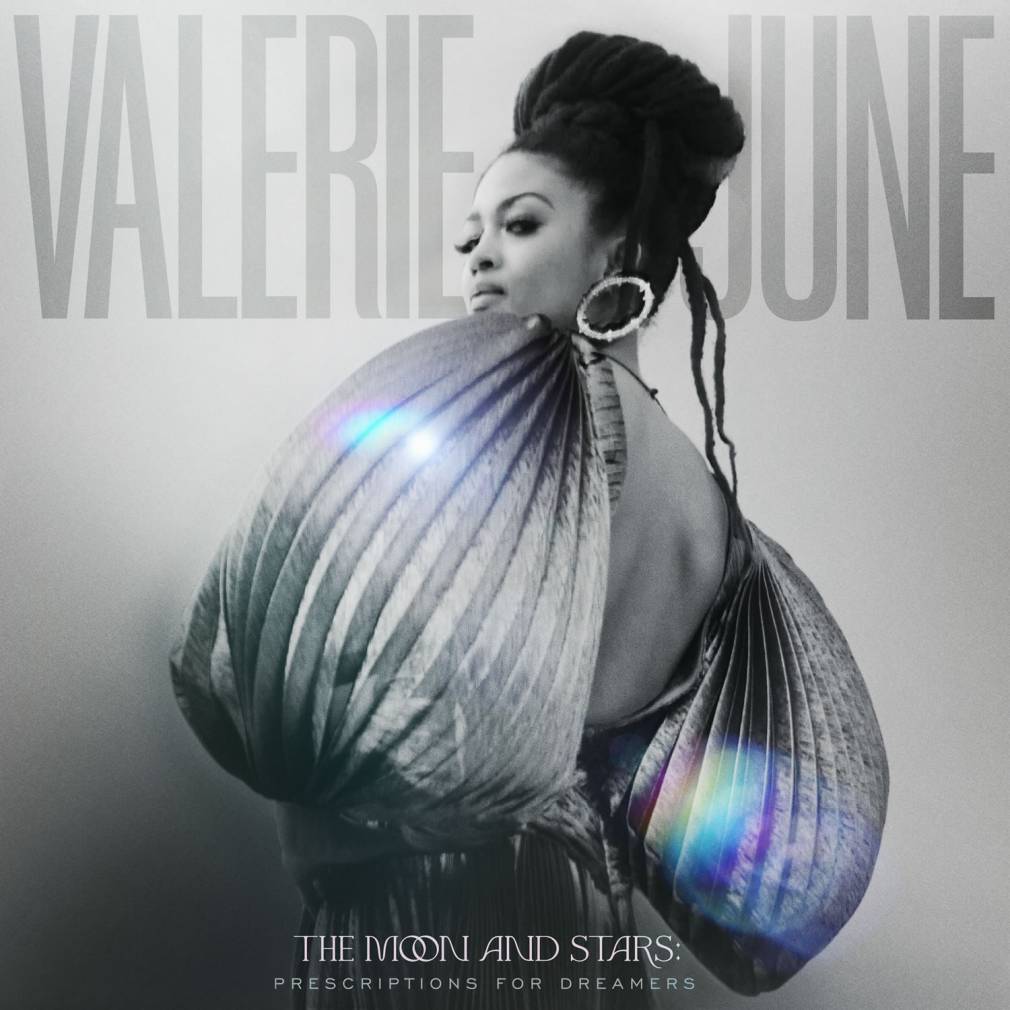
The Moon and Stars: Prescriptions For Dreamers
Valerie June
After her 2017 album, The Order of Time, Valerie June launches into The Moon and Stars: Prescriptions For Dreamer, an infinitely sweet track, as seen in the video for “Call Me A Fool,” in which she bewitches us with her soul-wrapped voice. This track remains full of optimism, despite the sadness of the lyrics: “They call me a fool because of your love baby.” Blues, country, folk, gospel, pop, psychedelic rock and soul are all mixed in. In the sensual video, Valerie June exposes her vulnerability, transforming this fragility into a breathtaking strength.
Listen here

Live At 131 Prince Street
JuJu
Strut Records offers us a real gem. The New York label has continued its reissues of Black Fire label records, which is known for bringing magnificent jazz and soul works to light. Strut allows us to discover JuJu’s Live At 131 Prince Street, recorded in 1973 in New York in the Ornette Coleman’s loft-gallery, one of the precursors of free jazz. It includes original compositions and covers, such as the previously unreleased “Thembi,” which Pharoah Sanders, another great figure of free jazz, had written for his wife. Brought to play on The Resurrection of the Dead by Marvin X (figure of the Black Arts Movement), the musicians gathered around saxophonist Plunky Branch founded the group Juju to continue their experiments, infusing their jazz with Afro-Latin rhythms, as in their first record A Message From Mozambique, released in 1972.
Listen here
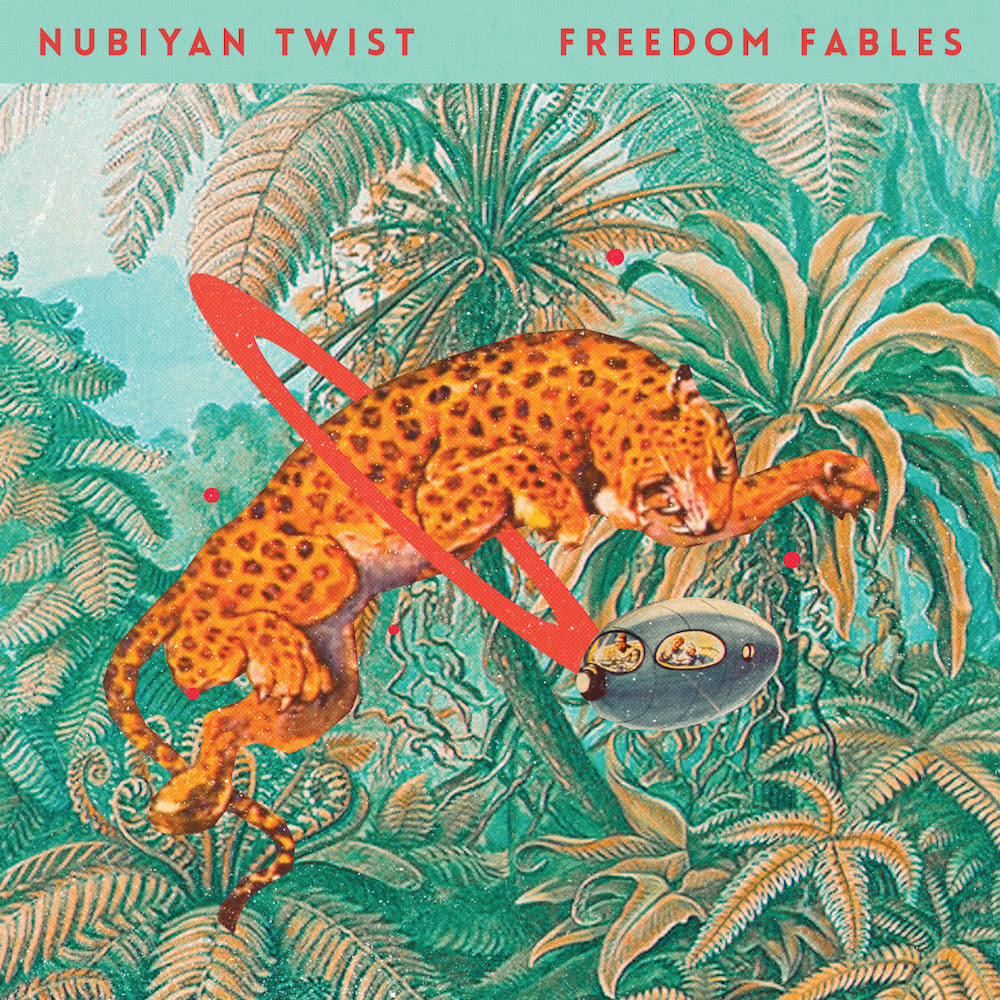
Freedom Fables
Nubiyan Twist
The young English collective from Leeds is shaking up the codes of contemporary jazz in a mix of soul, jazz and Afro-groove while featuring talented artists on their next album Freedom Fables. This musical melting pot highlights the talented Anglo-Nigerian Ego Ella Ma, who recently performed at the Colors Studios, as well as the Ghanaian highlife legend Pat Thomas. In their clip “Tittle Tattle,” soul singer Cherise Adams-Burnett is once again invited to join the group, but this time to dethrone the master of an English country castle and take her revenge on history in a video reminiscent of a period drama skit. The craze has remained intact since the band’s first sets in Leeds underground clubs, which embodied the hype building in some London clubs.
Listen here
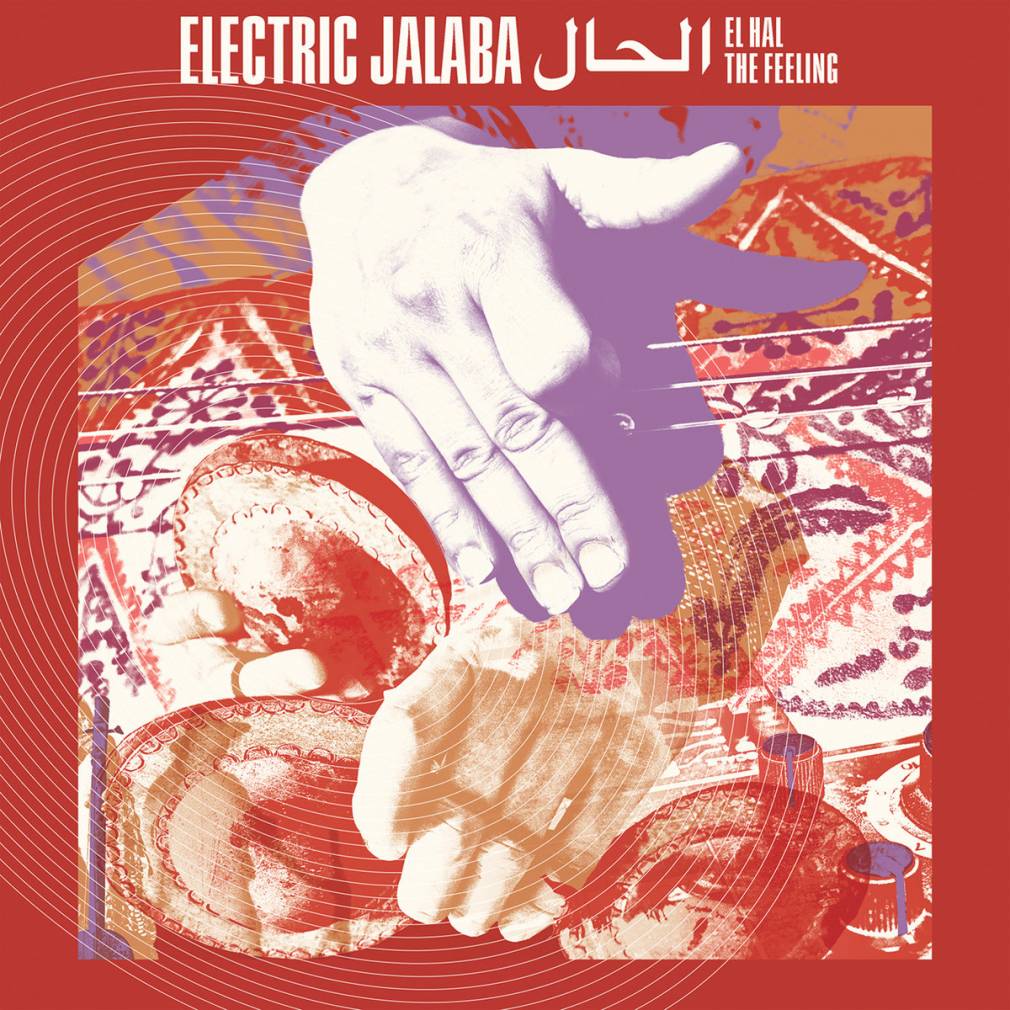
El Hal / The Feeling
Electric Jalaba
The six-piece British band explores the sensory effect of Gnawa music. “El Hal,” in Arabic, means “the feeling,” more precisely the feeling that comes when you play music and transcend where you are. This indefinable feeling is what the musicians of Electric Jalaba feel when they play Gnawa music. The bassist and producer Olly Keen describes it this way: “The feeling of being grabbed by the music and lost in the groove.” This feeling is even stronger for singer and guembri player Simo Lagnawi, whose native language is Arabic. In a groovy, psychedelic Arabic repertoire, we hear the remnants of West African dialects – Bambara from Mali, Fulani and Hausa from the Sahel region – as a testament to the age-old nomadism of these desert peoples. We hear the doubled ode to Allah and to the maâlem Mahmoud Guinea, who is the subject of the song “Daimla.” The feeling that music gives them, from their London studio, is both a form of self-renunciation and a collective attachment that binds them together more than ever, just like the people of Morocco.
Listen here
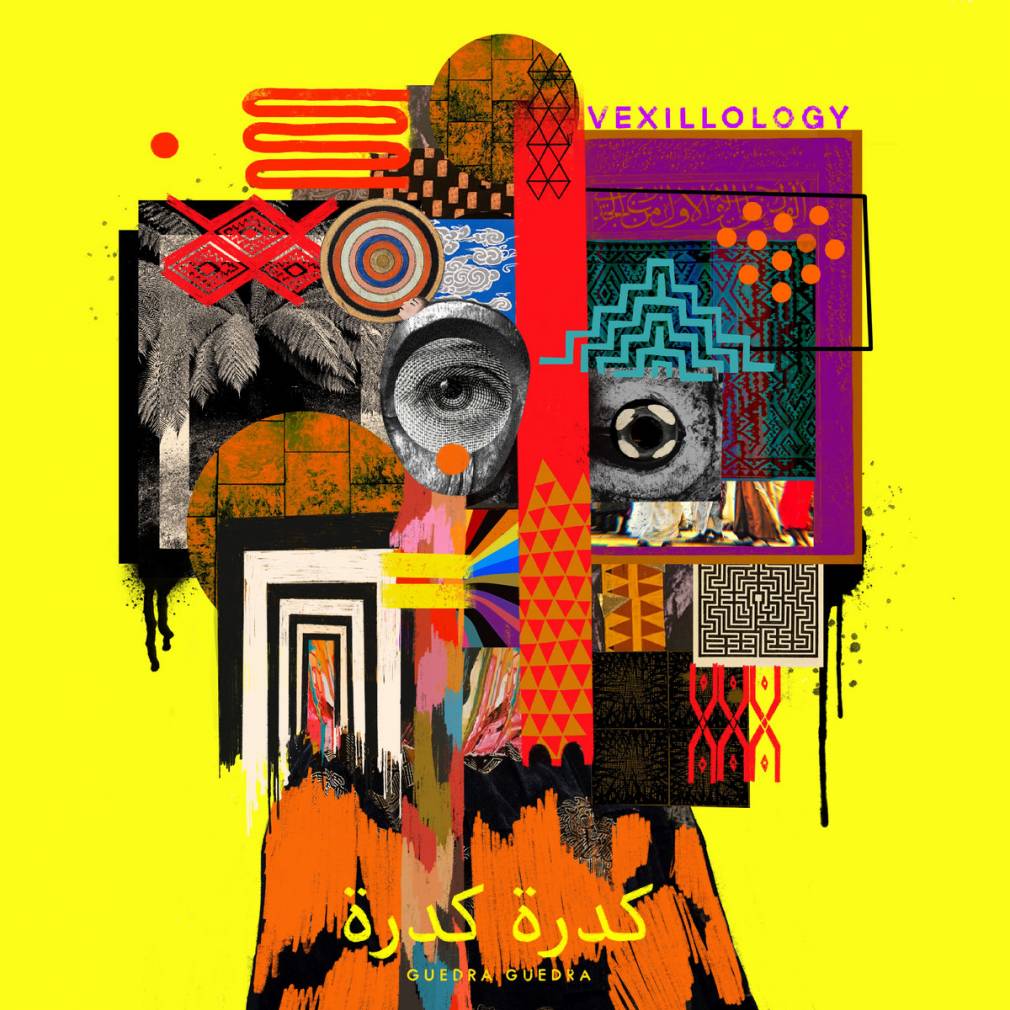
Vexillology
Guedra Guedra
Undoubtedly behind one of the biggest hits of the 2020 with his Son of Sun EP, Guedra Guedra announces the release of his new album, Vexillology, where he continues to build bridges between clubs and African traditions. He breathes new life into his bass-led music by mixing tribal chants, nature sounds, and traditional percussion recorded directly at the source. Through the prism of tribal and ancestral practices, he imagines utopian equality between societies separated by borders, and the reunification of North Africa with Sub-Saharan Africa through his music. Convinced that no studio recording can compete with the practice of field recording, the Moroccan artist built the track “Aura” on raw materials. Organized in a circle, men and women sing, recite poems and play the bendir (North African percussion) to reach a collective trance, which Guedra Guedra brilliantly transposed to a club setting on this track..
Listen here



